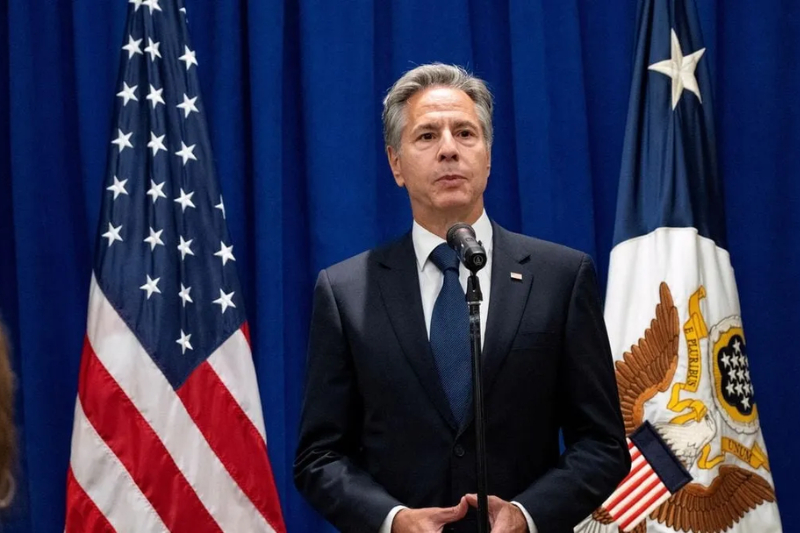US Takes Stand on Human Rights: Visa Restrictions in Uganda and Zimbabwe
In a significant move, the United States declared on Monday its refusal to issue visas to Ugandan officials involved in enforcing a contentious anti-homosexuality law passed in May. The legislation, which imposes severe penalties, including the death penalty, for violations, drew condemnation from the US Secretary of State, Antony Blinken, targeting Ugandan officials linked to the repression of marginalized groups.
The application of these sanctions would extend beyond current officials to former officials and their families, encompassing those identified as involved in targeting marginalized populations such as environmental defenders, human rights advocates, journalists, LGBTQI+ individuals, and civil organization leaders, as outlined in Blinken’s statement.
Keep Reading
Implications and International Standards
Vice President Joe Biden swiftly called for the law’s repeal upon its enactment, threatening US aid reductions and investment constraints in Uganda. The legislation penalizes individuals engaged in homosexual relationships or those seen to “promote” homosexuality, subjecting them to severe punishments, including life imprisonment or potentially the death penalty, despite the latter not being executed in Uganda for several years.
This move by the US aligns with its historical stance on human rights, with similar actions taken in Uganda a decade ago leading to the revocation of a law imposing life imprisonment for homosexuals. Furthermore, recent visa restrictions linked to alleged irregularities in Uganda’s 2021 presidential elections, where Yoweri Museveni was re-elected, signify a continued international response to governance and human rights concerns in the country.
Additionally, Secretary Blinken’s announcement coincided with the US decision not to grant visas to individuals involved in tampering with Zimbabwe’s August election. After President Emmerson Mnangagwa’s reelection amid contentious circumstances in a political environment where a single party has dominated for decades, the action emphasizes the US position on electoral integrity and calls for respect for fair processes.

